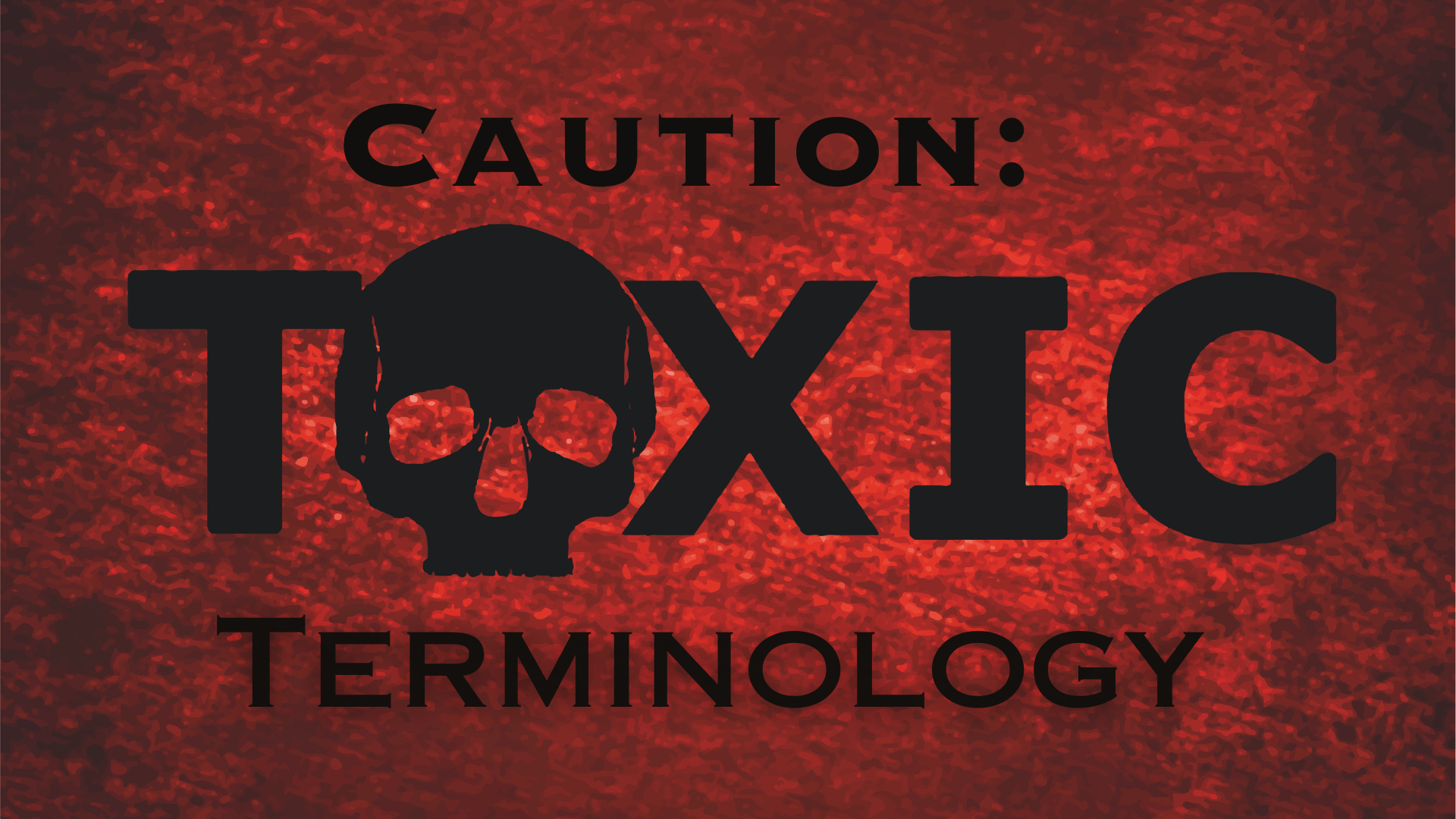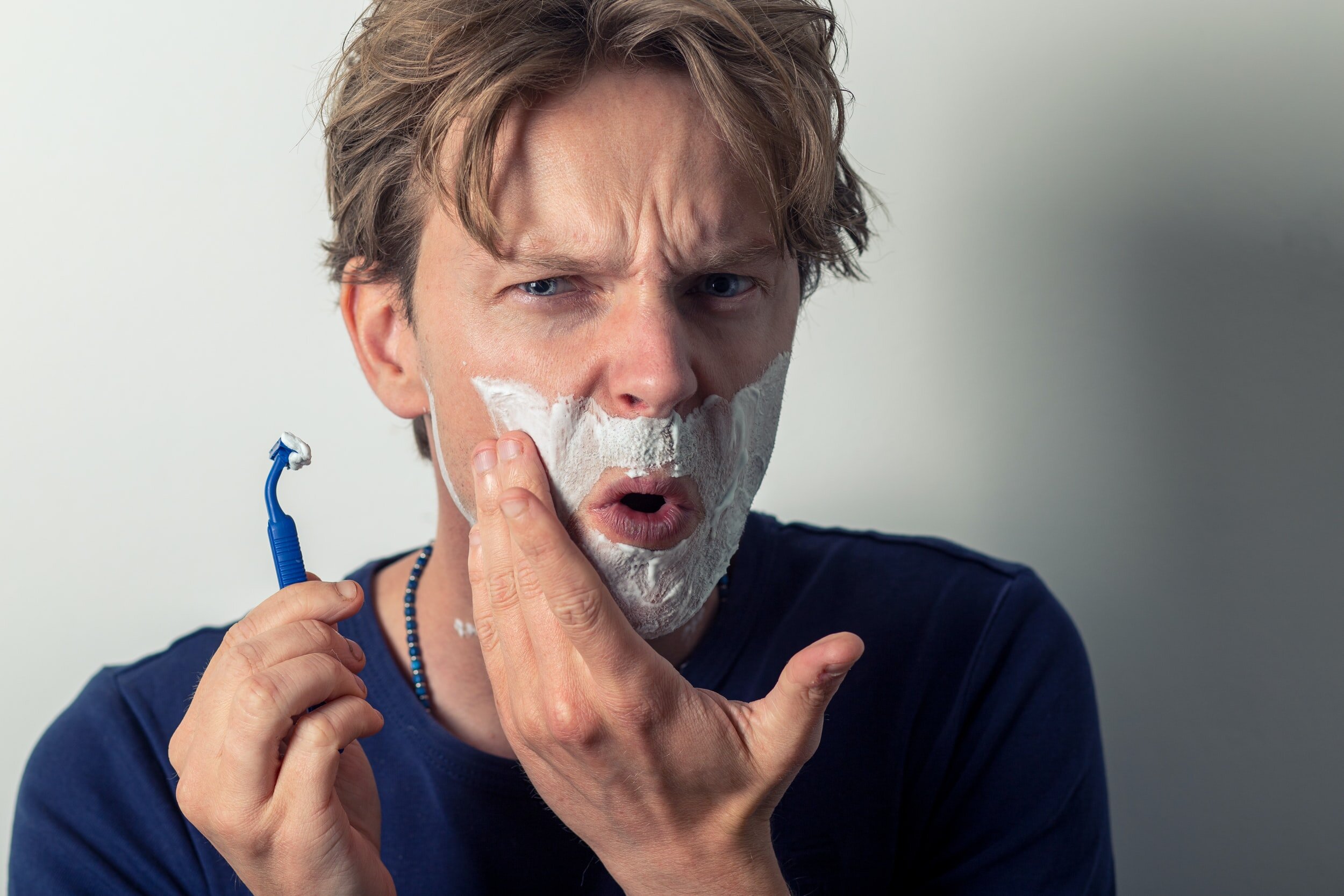
Male Psychology for
Journalists and Broadcasters
Male psychology is constantly in the news, though often it is more conspicuous by its absence than its presence. Every time exam results are announced, this is an opportunity for you to ask whether boys are still behind girls in most topics, and if so why. When a man commits a crime, how much are you looking at the story behind the story (e.g., ‘dad deprivation’ in the background of the perpetrator) rather than looking at stereotypes (e.g. toxic masculinity etc).
We would love to hear your suggestions for how The Centre for Male Psychology can enrich your work. Help us to help you by contacting us using the anonymous form at the bottom of this page. Deeper insights to male psychology can add an important dimension to the news, so get in touch with us via our media engagement pages if you are looking for insights from The Centre for Male Psychology. Also, take a look at our specialised services and be sure to sign up to our newsletter to keep up-to-date with developments in male psychology.

“I feel very strongly that the pendulum has swung too far, as it always does, the swing from a very male dominated patriarchal society to a very, very female dominated society where men …”
“Why couldn't I simply learn about men's issues and have compassion for male victims without jumping at the opportunity to insist that women are the real victims?”
Gender scholars and activists were aghast a few years ago at the depiction of a feminist, in a documentary movie called The Red Pill, who unexpectedly learned to empathise with men. In a rare interview, director and star of The Red Pill, Cassie Jaye, reflects upon the impact the movie has had on herself and others.
The most positive news so far this year for the wellbeing of men and boys is the publication of the report, A Boy Today, by the All-Party Parliamentary Group on Issues Affecting Men and Boys.
The Panorama programme on domestic violence failed to adequately highlight two important issues: male victims and female perpetrators.
I have concerns as to how these inconsistencies and sweeping generalisations about men and boys go unchallenged.
…an attack upon masculinity is an attack upon one’s sense of self, of identity. …What, then, is the right psychological defence against such an attack?
For years male rape has been shown as comedy, in films to TV shows, so much that it’s now a cliché. It even appears in children’s cartoon shows such as SpongeBob SquarePants
The underlying assumptions made in the advert are that men are inherently bad – men are violent, sexual predators who have had their way for long enough. Only through the power of encouragement and social grooming can we protect society from the menace that is toxic masculinity.














